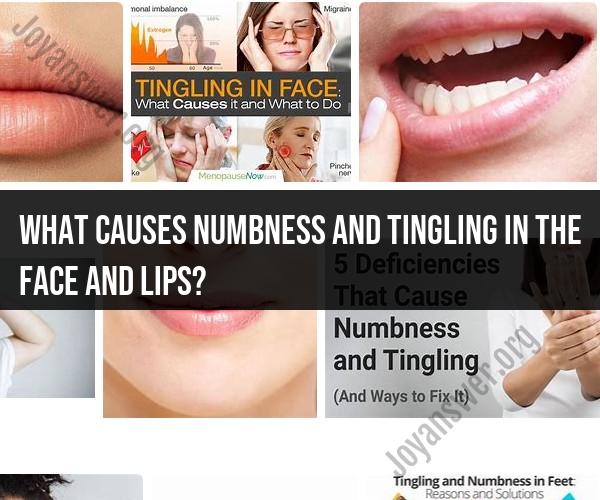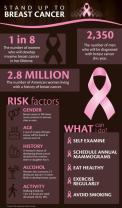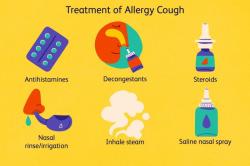What causes numbness and tingling in the face and lips?
Numbness and tingling in the face and lips can be caused by various factors, ranging from benign and temporary conditions to more serious medical concerns. It's essential to consider the context, accompanying symptoms, and duration of these sensations. Here are some common causes and concerns related to numbness and tingling in the face and lips:
Hyperventilation: Rapid breathing can lead to a decrease in carbon dioxide levels in the blood, which can cause numbness and tingling in the face and extremities. This is usually temporary and can be resolved by slowing down your breathing.
Migraines: Some people experience a phenomenon known as an "aura" before a migraine headache, which can include tingling or numbness in the face and lips. This is typically temporary and resolves once the migraine episode is over.
Anxiety or Panic Attacks: Intense anxiety or panic attacks can lead to hyperventilation, resulting in numbness and tingling sensations in the face and extremities.
Allergic Reactions: An allergic reaction, such as to food, medications, or insect stings, can cause swelling and numbness in the face and lips. This can be a sign of a severe allergic reaction known as anaphylaxis, which requires immediate medical attention.
Dental Issues: Dental problems like dental infections, nerve compression, or dental procedures can lead to numbness and tingling in the face and lips, often due to local nerve involvement.
Trigeminal Neuralgia: This is a chronic pain condition that affects the trigeminal nerve, which can result in intermittent or constant facial pain, including numbness and tingling.
Stroke: Sudden numbness or weakness on one side of the face, including the lips, can be a sign of a stroke. Other symptoms may include slurred speech, confusion, and difficulty moving one side of the body. A stroke is a medical emergency, and immediate medical attention is crucial.
Transient Ischemic Attack (TIA): Also known as a "mini-stroke," TIAs can cause temporary numbness and weakness in the face and other parts of the body. TIAs are a warning sign of an increased risk of a full stroke and should be promptly evaluated by a healthcare professional.
Bell's Palsy: Bell's palsy is a condition that causes sudden weakness or paralysis on one side of the face. It can also lead to numbness and tingling.
Neurological Conditions: Certain neurological conditions, such as multiple sclerosis, can cause sensory symptoms like numbness and tingling in various parts of the body, including the face and lips.
If you or someone you know experiences persistent or severe numbness and tingling in the face and lips, especially if it is accompanied by other concerning symptoms like weakness, difficulty speaking, or changes in consciousness, seek immediate medical attention. It's essential to consult with a healthcare professional to determine the underlying cause and receive appropriate treatment. In some cases, timely intervention can be critical to a person's health and well-being.
Understanding Facial Numbness and Tingling: Common Causes
Facial numbness and tingling are common symptoms that can be caused by a variety of factors, including:
- Nerve damage: Damage to the nerves that supply the face can cause numbness and tingling. This damage can be caused by a variety of factors, such as trauma, infection, or disease.
- Migraines: Migraines are severe headaches that can be accompanied by a variety of other symptoms, including numbness and tingling in the face.
- Multiple sclerosis (MS): MS is a chronic disease that affects the central nervous system, including the brain and spinal cord. MS can cause a variety of symptoms, including numbness and tingling in the face.
- Stroke: A stroke occurs when the blood supply to the brain is interrupted. This can cause damage to the brain tissue, which can lead to a variety of symptoms, including numbness and tingling in the face.
- Bell's palsy: Bell's palsy is a sudden weakness or paralysis of the muscles on one side of the face. Bell's palsy is caused by inflammation of the facial nerve.
- Trigeminal neuralgia: Trigeminal neuralgia is a chronic pain condition that affects the trigeminal nerve, which is the nerve that supplies sensation to the face. Trigeminal neuralgia can cause severe pain, numbness, and tingling in the face.
Unmasking the Reasons for Numbness and Tingling in the Face and Lips
In addition to the common causes listed above, there are a number of other factors that can cause facial numbness and tingling, including:
- Allergic reactions: Allergic reactions can cause a variety of symptoms, including numbness and tingling in the face and lips.
- Dental problems: Dental problems, such as infections or injuries, can cause numbness and tingling in the face.
- Vitamin deficiencies: Vitamin deficiencies, such as a deficiency in vitamin B12, can cause numbness and tingling in the face and lips.
- Tumors: Tumors in the brain or on the nerves that supply the face can cause numbness and tingling.
- Medications: Some medications, such as certain types of chemotherapy drugs, can cause numbness and tingling in the face and lips.
Facial Sensation Issues: What's Behind Numbness and Tingling?
If you are experiencing facial numbness and tingling, it is important to see a doctor to determine the underlying cause. Treatment for facial numbness and tingling will vary depending on the underlying cause.
For example, if facial numbness and tingling is caused by nerve damage, treatment may involve physical therapy to help the nerves heal. If facial numbness and tingling is caused by a migraine, treatment may involve medication to relieve the headache and other symptoms. If facial numbness and tingling is caused by MS, treatment may involve medication to manage the disease and prevent further relapses.
In some cases, facial numbness and tingling may be a sign of a serious medical condition, such as a stroke or a tumor. It is important to see a doctor right away if you experience facial numbness and tingling, especially if it is accompanied by other symptoms, such as weakness, paralysis, or vision changes.
Conclusion
Facial numbness and tingling can be caused by a variety of factors, both common and uncommon. If you are experiencing facial numbness and tingling, it is important to see a doctor to determine the underlying cause and get the appropriate treatment.













